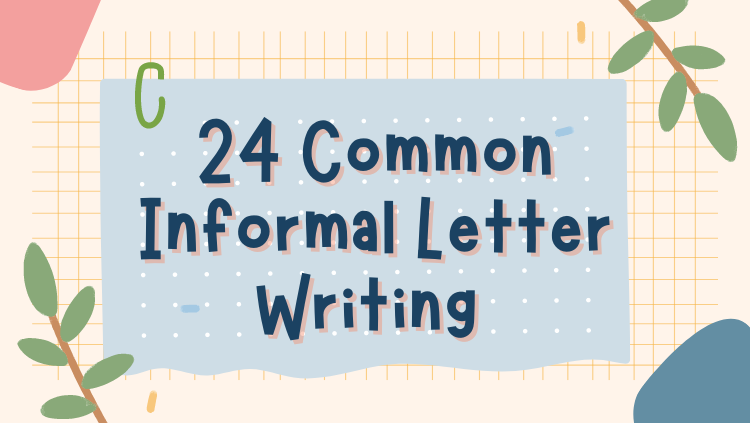Must/ have to । English Grammar Verb Rules
We can use ‘must’ to show that we are certain something is true. We are making a logical deduction based upon some clear evidence or reason.
There’s no heating on. You must be freezing.
You must be worried that she is so late coming home.
I can’t remember what I did with it. I must be getting old.
It must be nice to live in Florida.
We also use ‘must’ to express a strong obligation. When we use ‘must’ this usually means that some personal circumstance makes the obligation necessary (and the speaker almost certainly agrees with the obligation.)
I must go to bed earlier.
They must do something about it.
You must come and see us some time.
I must say, I don’t think you were very nice to him.
We can also use ‘have to’ to express a strong obligation. When we use ‘have to’ this usually means that some external circumstance makes the obligation necessary.
I have to arrive at work at 9 sharp. My boss is very strict.
We have to give him our answer today or lose out on the contract.
You have to pass your exams or the university will not accept you.
I have to send a report to Head Office every week.
In British English, we often use ‘have got to’ to mean the same as ‘have to’.
I’ve got to take this book back to the library or I’ll get a fine.
We’ve got to finish now as somebody else needs this room.
We can also use ‘ will have to’ to talk about strong obligations. Like ‘must’ this usually means that that some personal circumstance makes the obligation necessary. (Remember that ‘will’ is often used to show ‘willingness’.)
I’ll have to speak to him.
We’ll have to have lunch and catch up on all the gossip.
They’ll have to do something about it.
I’ll have to get back to you on that.
As you can see, the differences between the present forms are sometimes very small and very subtle. However, there is a huge difference in the negative forms.
We use ‘mustn’t’ to express strong obligations NOT to do something.
We mustn’t talk about it. It’s confidential.
I mustn’t eat chocolate. It’s bad for me.
You mustn’t phone me at work. We aren’t allowed personal calls.
They mustn’t see us talking or they’ll suspect something.
We use ‘don’t have to’ (or ‘haven’t got to’ in British English) to state that there is NO obligation or necessity.
We don’t have to get there on time. The boss is away today.
I don’t have to listen to this. I’m leaving.
You don’t have to come if you don’t want to.
He doesn’t have to sign anything if he doesn’t want to at this stage.
I haven’t got to go. Only if I want to











![Class 8 Assignment with Solution 2021 2nd week [ English এবং বাংলাদেশ ও বিশ্বপরিচয়]](https://i.postimg.cc/BvV1P91Y/assign.jpg)